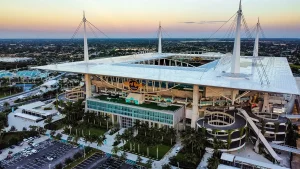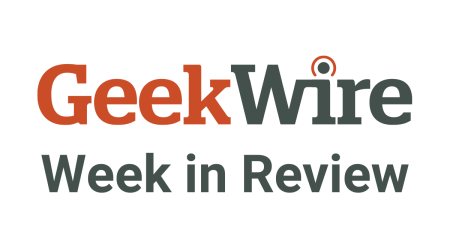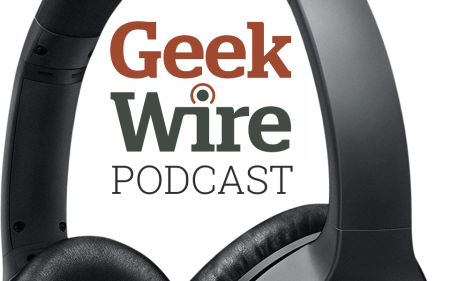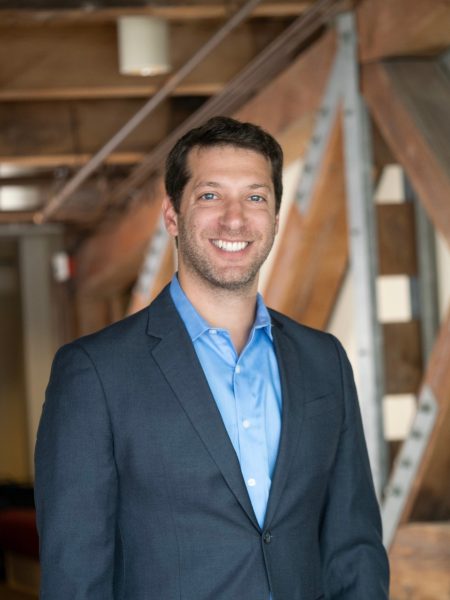Tech Week in Review: Amazon Changes, Seattle’s Tech Scene, and AI Innovations
In a significant shift for online retail, Amazon announced plans to phase out its controversial “commingling” policy, a practice that has long drawn criticism from both sellers and consumers alike. The policy, which pooled identical items from different third-party merchants in Amazon’s warehouses, was intended to streamline logistics but created accountability issues when counterfeit or damaged products entered the system. This change represents a major overhaul of Amazon’s fulfillment operations and signals the company’s response to mounting pressure over product quality control. The move comes as Amazon simultaneously expands its logistics reach in other areas, notably beginning to support fulfillment for Walmart Marketplace orders through its Multichannel Fulfillment service—a surprising collaboration between the longtime retail rivals that demonstrates Amazon’s determination to monetize its vast delivery infrastructure beyond its own marketplace.
Seattle’s tech ecosystem continues to evolve with Mayor Bruce Harrell actively seeking to engage the technology sector in addressing the city’s persistent challenges. As Seattle grapples with homelessness, public safety concerns including fentanyl abuse, and debates over municipal funding, Harrell sees tech companies as potential partners rather than just economic drivers. This collaborative approach comes as Seattle cements its position as a leading AI hub, now ranking fourth nationally in artificial intelligence funding according to new data from financial tech company Carta. The city’s strength in this arena extends particularly to life sciences, with industry experts calling Seattle “the best place in the world to build an AI life sciences company.” This designation reflects the unique concentration of tech talent, research institutions, and healthcare expertise that distinguishes the Pacific Northwest from other innovation centers.
The region’s startup ecosystem showed continued vitality with several funding announcements and acquisitions making headlines. Ethosphere, a new Seattle startup developing voice AI solutions for retail operations, secured $2.5 million in pre-seed funding led by Point72 Ventures. The company aims to transform how retail staff communicate and coordinate within stores, demonstrating Seattle’s growing specialization in practical AI applications. Meanwhile, children’s tech company Tin Can “struck a chord—with parents, kids, and now venture capitalists,” securing significant investment for its innovative approach to children’s entertainment and education. These funding rounds indicate that despite broader economic uncertainties, investors remain confident in the Seattle region’s ability to produce valuable technology companies across diverse sectors.
Corporate movements between established tech giants and emerging startups highlighted the fluid nature of talent in the industry. Apple officially absorbed the founding team of WhyLabs, a Seattle startup it acquired in what was described as a “secretive deal.” The AI observability platform’s expertise will likely enhance Apple’s machine learning capabilities, though specific plans remain undisclosed. In executive transitions, Justin Farris, previously a product leader at Zillow and GitLab, joined Seattle startup Read AI as vice president of product. Read AI, which analyzes meeting dynamics in real-time, gains Farris’s extensive experience in product development from both established and growth-stage companies. These personnel movements reflect the continuing cross-pollination between major tech companies and startups that helps drive innovation throughout the sector.
In the healthcare technology space, LumiThera emerged as a notable story with its innovative device for ophthalmologists that improves vision and slows its deterioration, particularly for patients with dry age-related macular degeneration. The company represents the growing intersection between Seattle’s medical research community and its technology sector, creating solutions for conditions affecting millions of aging Americans. This medical technology breakthrough exemplifies how the region’s diverse expertise in healthcare, devices, and software converges to address significant quality of life challenges. As populations age across developed economies, such innovations demonstrate the potential for technology to address healthcare needs beyond traditional pharmaceutical approaches, positioning Seattle companies at the forefront of medtech development.
The evolving relationship between technology and urban challenges remains a central theme as Seattle navigates its future. With Amazon modifying fundamental business practices while expanding into new territories, startups securing funding across diverse sectors, and established tech talent moving between companies, the region continues to demonstrate remarkable adaptability. The emphasis on artificial intelligence—particularly in practical applications spanning retail, healthcare, and communications—underscores how Seattle’s tech ecosystem increasingly focuses on solving tangible problems rather than pursuing technology for its own sake. As Mayor Harrell seeks greater involvement from tech companies in addressing civic challenges, the coming months will reveal whether this partnership approach can yield meaningful progress on issues like homelessness and public safety while maintaining the innovation momentum that has defined the region’s economic success. What’s clear is that Seattle’s technology sector remains vibrant and increasingly integrated with both local concerns and global opportunities.















